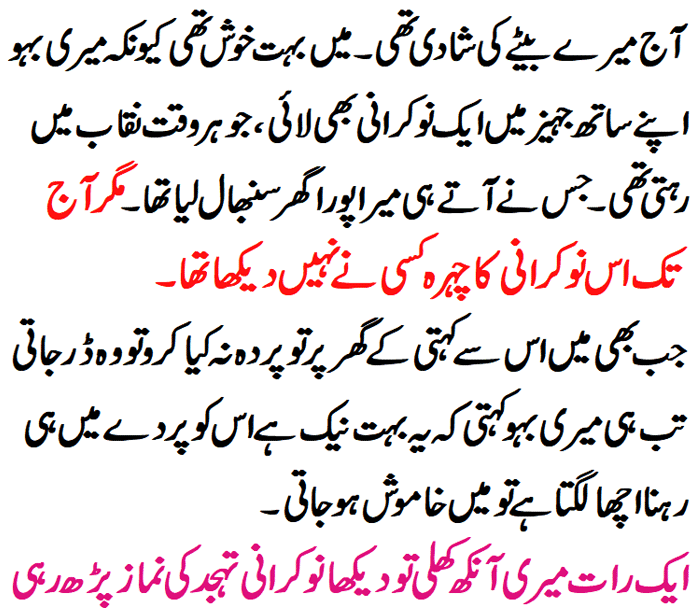Diabetes affects millions of people worldwide and poses significant health risks if not managed properly. One crucial aspect of diabetes management is understanding the HbA1c test and adopting natural methods to regulate blood sugar levels effectively.
Introduction to Diabetes
Diabetes is a chronic condition characterized by high levels of glucose in the blood. It occurs when the body either does not produce enough insulin or cannot effectively use the insulin it produces. There are primarily two types of diabetes: Type 1 and Type 2.
Understanding the HbA1c Test
What is HbA1c?
HbA1c, or glycated hemoglobin, is a blood test that provides information about a person’s average blood sugar levels over the past two to three months. It measures the percentage of hemoglobin that is coated with sugar.
Importance of HbA1c in Diabetes Management
The HbA1c test is a crucial tool in diabetes management as it offers a comprehensive view of blood sugar control over time. It helps healthcare providers assess the effectiveness of treatment plans and make necessary adjustments.
How is the HbA1c Test Done?
Procedure
The HbA1c test is typically done using a blood sample obtained through a simple blood draw. It does not require fasting, making it convenient for patients.
Interpretation of Results
The results of the HbA1c test are presented as a percentage. The higher the percentage, the higher the average blood sugar levels over the preceding months. Healthcare providers use target HbA1c levels to guide treatment decisions.
Target HbA1c Levels for Diabetes Management
Target HbA1c levels vary depending on individual factors such as age, overall health, and the presence of other medical conditions. Generally, the goal for most people with diabetes is to keep their HbA1c levels below a certain threshold to reduce the risk of complications.
Why Manage Blood Sugar Naturally?
Benefits of Natural Blood Sugar Management
Managing blood sugar naturally offers several benefits, including:
- Reduced dependence on medication
- Lower risk of side effects
- Improved overall health and well-being
Tips for Managing Blood Sugar Naturally
Diet and Nutrition
A balanced diet rich in fiber, whole grains, fruits, vegetables, and lean proteins can help stabilize blood sugar levels. Avoiding sugary and processed foods is essential.
Regular Physical Activity
Engaging in regular exercise helps improve insulin sensitivity and promotes better blood sugar control. Aim for at least 30 minutes of moderate-intensity exercise most days of the week.
Stress Management
Chronic stress can elevate blood sugar levels. Practice relaxation techniques such as deep breathing, meditation, or yoga to reduce stress and promote overall health.
Sufficient Sleep
Poor sleep habits can disrupt hormone levels and lead to insulin resistance. Aim for 7-9 hours of quality sleep each night to support optimal blood sugar regulation.
Monitoring Blood Sugar Levels
Importance of Regular Monitoring
Regularly monitoring blood sugar levels helps individuals with diabetes track their progress and make necessary adjustments to their treatment plans. It provides valuable insights into how lifestyle choices impact blood sugar levels.
Tools for Monitoring
Various tools are available for monitoring blood sugar levels, including blood glucose meters, continuous glucose monitors (CGMs), and mobile apps. Choose the method that best fits your needs and preferences.
Combining Medical Treatment with Natural Management
While natural methods can be effective in managing blood sugar, they should complement, not replace, medical treatment prescribed by healthcare providers. It’s essential to work closely with a healthcare team to develop a comprehensive diabetes management plan.
Challenges in Managing Blood Sugar Naturally
Managing blood sugar naturally may pose challenges, including lifestyle changes, dietary restrictions, and the need for ongoing self-discipline. However, with dedication and support, it is possible to overcome these obstacles and achieve better health outcomes.
Importance of Consultation with Healthcare Providers
Consultation with healthcare providers is crucial for individuals with diabetes to receive personalized guidance and support. Healthcare professionals can offer valuable advice, monitor progress, and adjust treatment plans as needed to ensure optimal blood sugar control.
Conclusion
The HbA1c test is a valuable tool in diabetes management, providing essential insights into blood sugar control over time. By understanding the significance of the HbA1c test and adopting natural methods to manage blood sugar, individuals with diabetes can improve their overall health and reduce the risk of complications.







